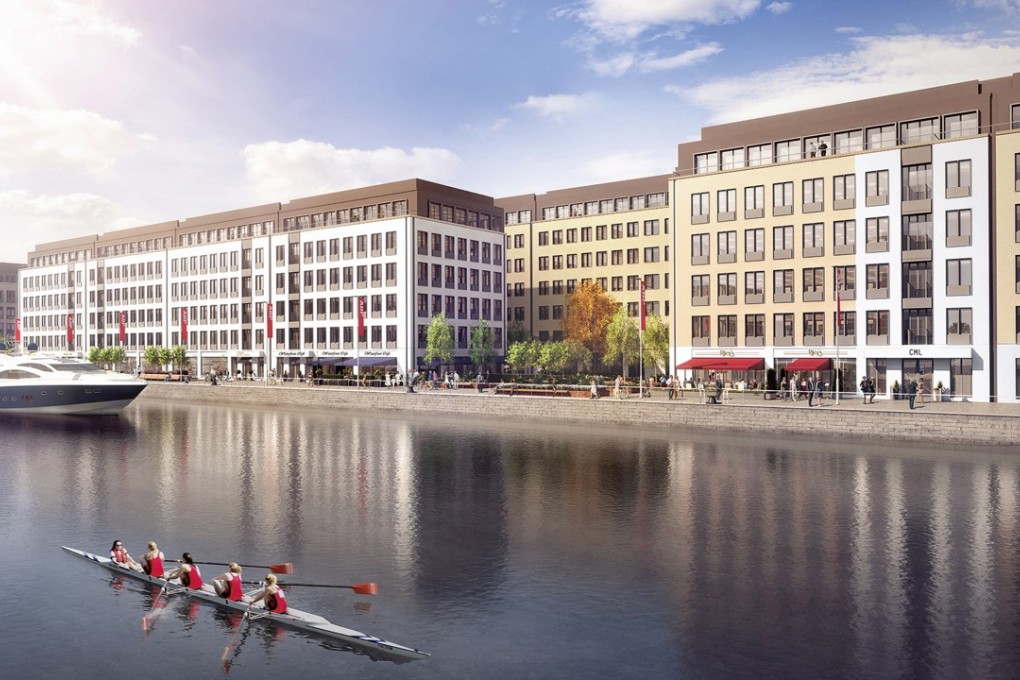Chinese firms not deterred by Brexit or Beijing’s tighter capital controls, says docks developer
Developer of new east London financial and business district sees growing interest from Chinese firms

Mainland Chinese and Asian companies are eyeing investments in east London despite fears over Brexit and Beijing’s crackdown on high-profile overseas deals, ABP Global Holding Group said.
Firms from China, Taiwan, Hong Kong and India have acquired or reserved 60 per cent of total office space, or 33,388 square metres, in the first phase of the Royal Albert Dock project, Sam Crispin, chief executive officer of ABP’s Hong Kong sales unit told the South China Morning Post.
Costing £1.7 billion (US$2.2 billion), the revival of the 137-year-old dock in East London, seen as the city’s third financial and business district, aims to attract Chinese and other Asian firms looking to expand into Europe. ABP, founded in 2003, is a privately held Chinese developer of economic zones, including the Royal Albert Docks project.
Beijing’s crackdown on capital outflows and debt-fuelled overseas acquisitions by aggressive conglomerates has not deterred companies interested in moving into Royal Albert Dock, said Crispin, who led PwC’s urbanisation team and real estate business advisory services before joining ABP this year.
“The concern is where Chinese banks have been lending to fund overseas acquisition, whether that’s a risky thing to do or not, and how future acquisitions will be funded in what’s perceived to be a less risky way,” he said.
Chinese firms have to go overseas and compete in the international markets to continue their rate of growth
The latest State Council directive issued on Friday restricting Chinese overseas investments in property, hotels and sports clubs is likely to have limited impact on the project, Crispin said on Monday, as ABP primarily targets “companies that already have operations in Hong Kong and other Asian countries” and hopes “to attract owner occupiers.”